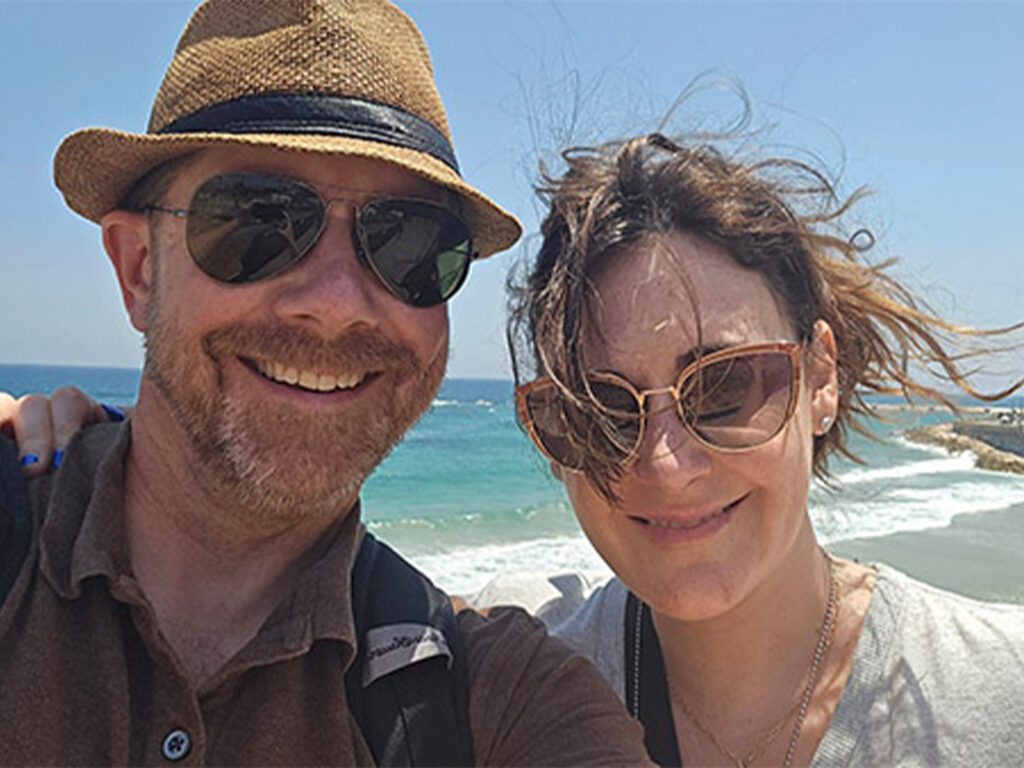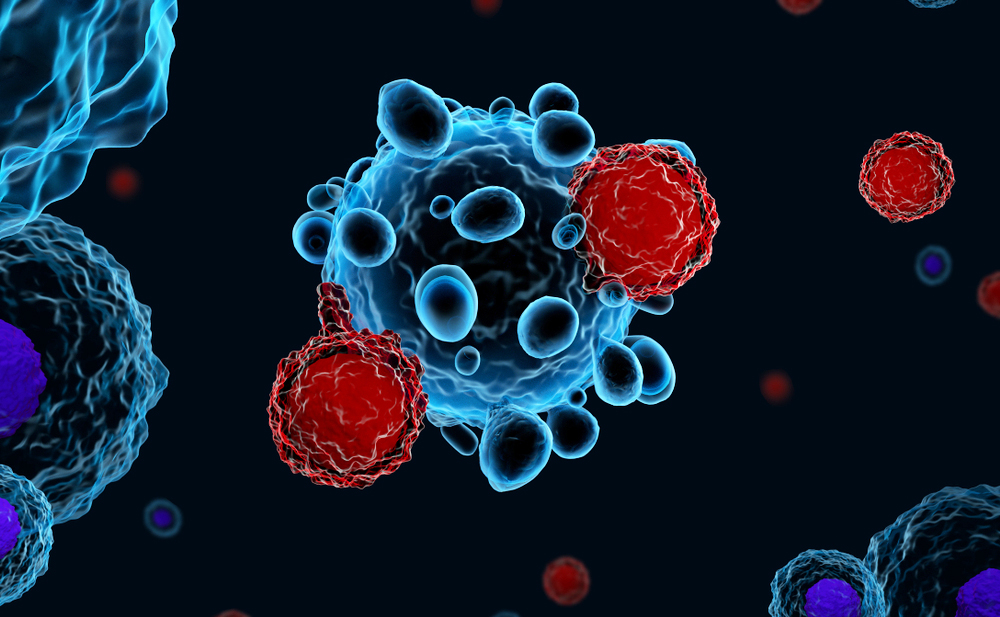Gaddy Getz, PhD, is the director of Bioinformatics at the Mass General Cancer Center and Department of Pathology and the first incumbent of the Paul C. Zamecnik, MD, Chair in Oncology. He also directs the Cancer Genome Computational Analysis group at the Broad Institute of MIT and Harvard. With bioinformatics and computational biology at the forefront of cancer research innovation, Dr. Getz’s experience and interest in data analytics are on target to change the face of personalized medicine for patients.
Dr. Getz’s work in cancer genome analysis includes developing algorithms that address two key steps: characterization and interpretation. Through characterization, Dr. Getz catalogues all of the genomic events and mutational processes that take place during the evolution of a particular cancer and compares them, at the most basic levels, to non-cancer samples in an individual patient. He then interprets these events by analyzing data across patients to identify changes in genes and pathways that cause cancer or increase its risk. Through this process, Dr. Getz and his team have developed several key methods, including MuTect, ABSOLUTE, GISTIC and MutSig. These methods are essential to developing targeted therapies to treat cancer patients and achieve more positive outcomes.
To expand the impact of this research, Dr. Getz is now applying his methods to large-scale datasets, across more than 20 different tumor types, and also to data from samples before and after treatment. These collaborative studies often include oncologists, biologists, computational biologists and other researchers. Dr. Getz and his team are systematically applying these tools as part of large national and international cancer genome projects such as The Cancer Genome Atlas (TCGA) and ones coordinated by the International Cancer Genome Consortium (ICGC). In a recent publication, Dr. Getz and colleagues described the road towards completing the catalog of all genes that are involved in the majority of cancer patients. These results are now guiding the planning of these large genomic projects.
“The field of computational biology, in particular cancer genomics, is revolutionizing our understanding of cancer,” says Dr. Getz, “and I would like to help translate this knowledge to improve patient care.”





